
Chuck sez: "Never let a covert operation get in the way of a bad pun."
An online webcomic about a group of cowboys/cowgirls and their Zombie herd.
An online webcomic about a group of cowboys/cowgirls and their Zombie herd.
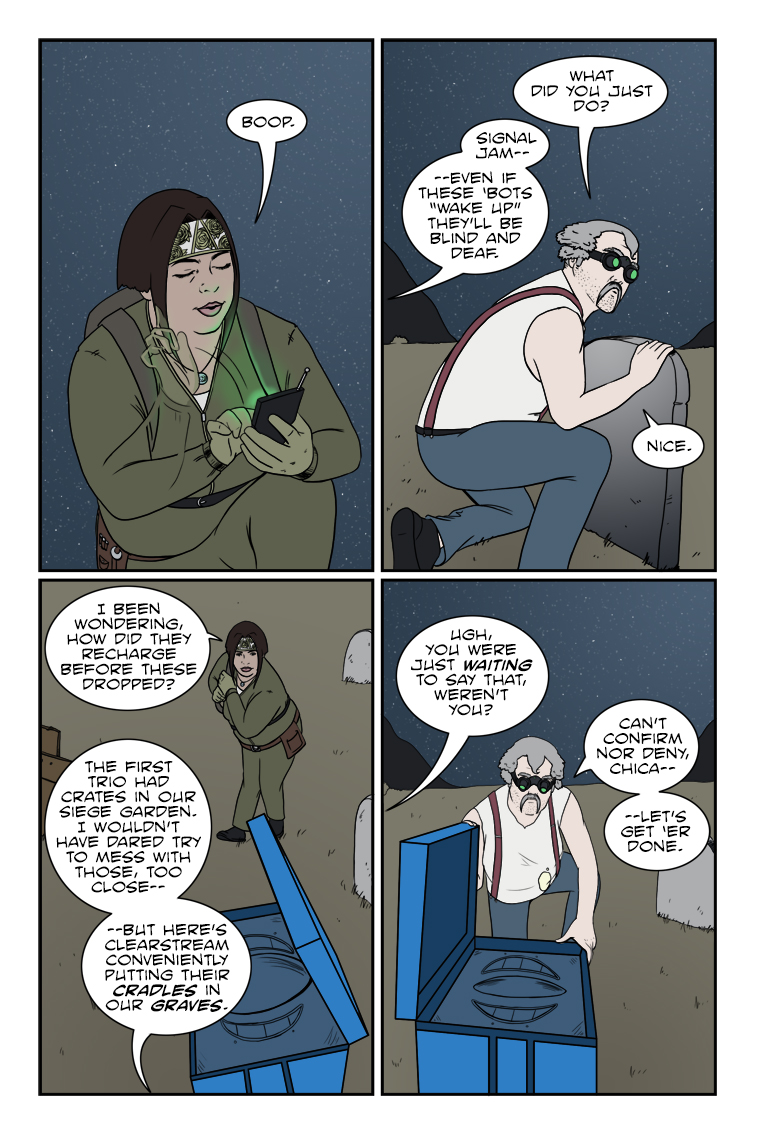
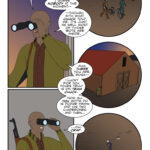
#546. 524 – Stopped Watch
88 Mar 06, 2024
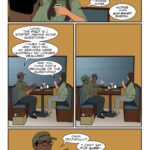
#545. 523 – Canned Responses
87 Feb 14, 2024
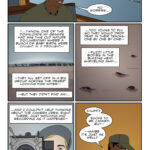
#544. 522 – No Flocks Given
70 Jan 24, 2024

#543. 521 – Darkest Lunch
57 Jan 10, 2024
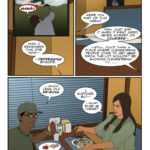
#542. 520 – Re-run Reflection
159 Oct 18, 2023

#541. 519 – Blowin’ Up
65 Oct 04, 2023
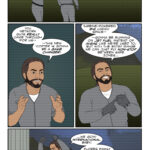
#540. 518 – International Phrasing
69 Sep 20, 2023
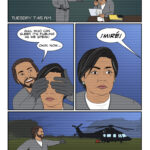
#539. 517 – New In Rotation
401 Sep 06, 2023

#538. 516 – Viva Los Flores
68 Aug 09, 2023

#537. EPISODE TWENTY-TWO
56 Aug 07, 2023
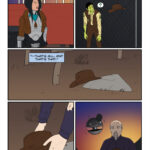
#536. 515 – Guess Who’s Coming To Dinner? (END OF EPISODE 21)
61 Jun 28, 2023
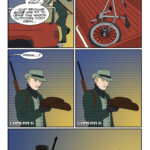
#535. 514 – Having A Fling
56 Jun 14, 2023

#534. 513 – Social Deferred
67 May 31, 2023

#533. 512 – Guarded Enthusiasm
84 May 03, 2023
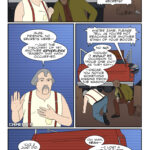
#532. 511 – Nutz To That
62 Apr 19, 2023

#531. 510 – “Whats” For Dinner
63 Apr 05, 2023
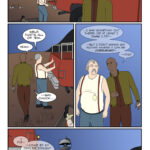
#530. 509 – Tailgate Telltale
63 Mar 15, 2023
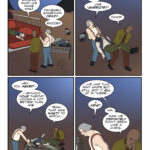
#529. 508 – Name Games
65 Mar 01, 2023

#528. 507 – Name And Date
67 Feb 15, 2023

#527. 506 – Canned Laughter
61 Feb 01, 2023
Chuck sez: "Never let a covert operation get in the way of a bad pun."

2 thoughts on “543 – Cradles And Graves”
Keith
Oh lordy, they really are a great couple…though, I suggest adopting.
Anonymous
Consequences be damned, because doing nothing might be worse.